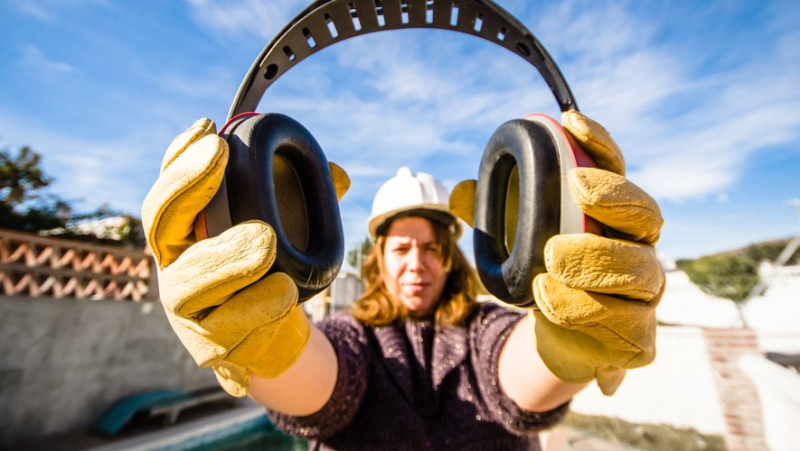Whistling, tinnitus… 6 out of 10 workers complain about noise and sound pollution in their workplace

Noise at work: 6 out of 10 workers complain about it!
As the 9th National Week for Hearing Health at Work approaches, from October 14 to 19, 2024, an Ifop survey for the National Hearing Association reveals the extent of the problem: 62% of workers say they are bothered by noise and sound pollution in their workplace. The situation is not improving. Quite the contrary.
"All age groups, all sectors of activity are affected, without exception, more and more uniformly", pointed out the President of the National Hearing Association, Professor Jean-Luc Puel, speaking about noise at work.
Noise, in construction or in open spaces
People working in the agriculture and industry sectors (72%) and in the construction-public works sector (83%) are more affected by noise and noise pollution, just like people working in open spaces (73%).
In total, nearly 10 million French people experience difficulties understanding speech due to noise at work and for 8.5 million, this discomfort would have repercussions in terms of tinnitus. Young or old, everyone is affected to the same extent.
Whistling, tinnitus but also fatigue and stress
The health effects of noise and noise pollution at work go beyond hearing health alone. Overall, 73% of workers suffer at least one health impact from noise, and 49% suffer hearing impact.
Hearing impacts hit certain populations harder:
37% of workers are affected by a temporary decrease in speech understanding. It affects a majority of construction industry employees (52%). People working in workshops, on construction sites or on production lines are also overexposed (46%). 32% of workers report having suffered from whistling and tinnitus. These problems are more common among workers (39%), workers in the Paris suburbs (41%), and people working in workshops, on construction sites or on production lines (40%). Finally, deafness affects nearly a quarter of employed workers (24%). It affects more men (28%), and people working in workshops, on construction sites or on production lines (35%).
But noise and noise pollution at work also result in fatigue for 60% of the working population, stress (50%), sleep disorders (33%), psychological suffering (31%) and hypertension in the most extreme cases (22%).
Reacting to noise pollution at work
While 62% of employed workers say they are bothered by noise and noise pollution, barely a quarter have taken steps to protect themselves against it: a quarter have already requested personal protective equipment when they are on their work site. work, 24% have had a hearing test. 22% have already consulted a doctor, and 19% have already requested equipment when teleworking.
According to the workers themselves, their company does not yet fully take into account the hearing health of employees. 44% believe that this issue is sufficiently taken into account, including 11% "completely".
In fact, just over half of employed workers have seen solutions offered to them (53%). Their employers are investing instead in suitable equipment (31% of workers say that they have been offered individual noise protectors, 28% specific communication headsets). 23% report that workspaces have been designed to reduce noise and sound pollution, by creating spaces for isolation, or reorganizing existing spaces.




